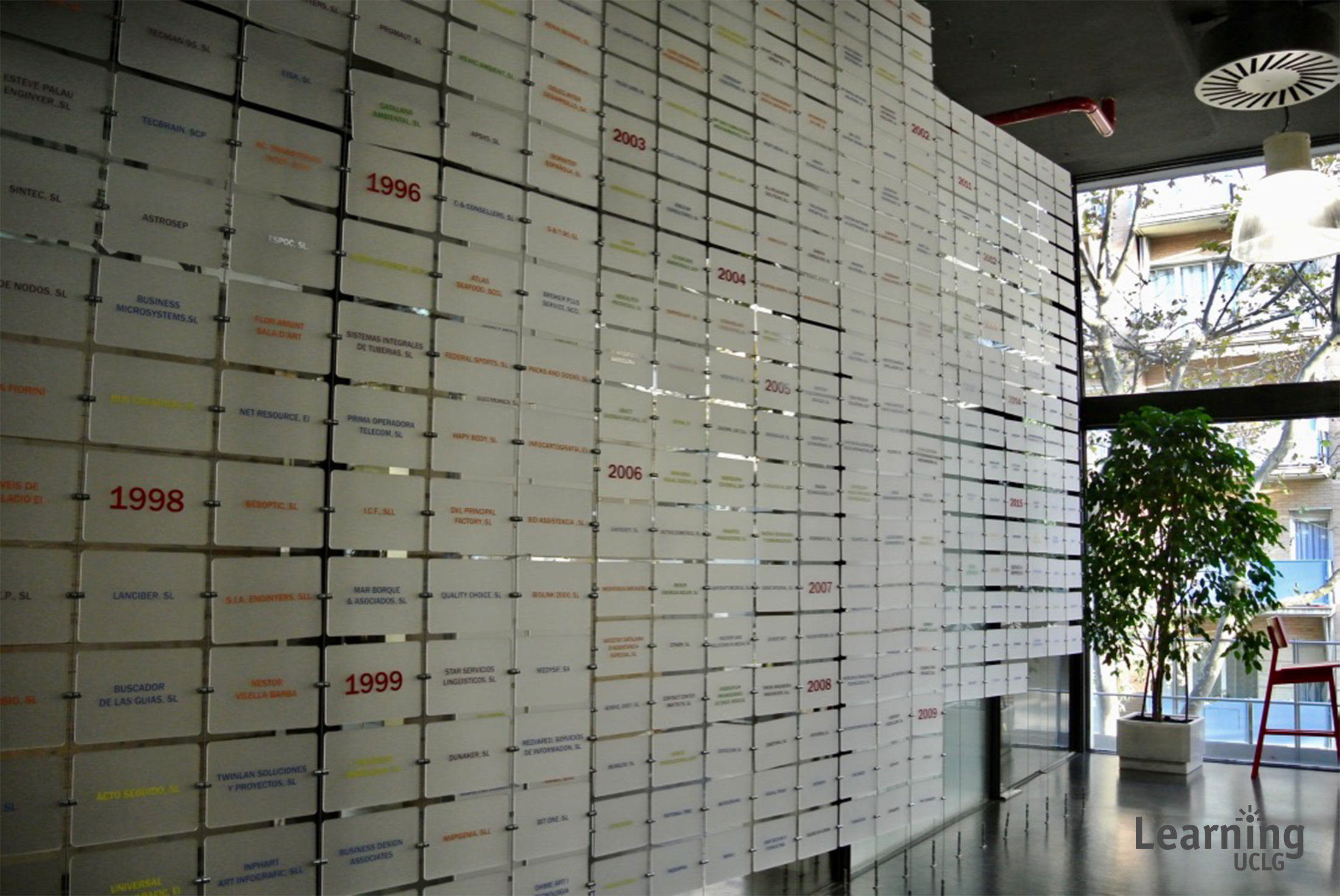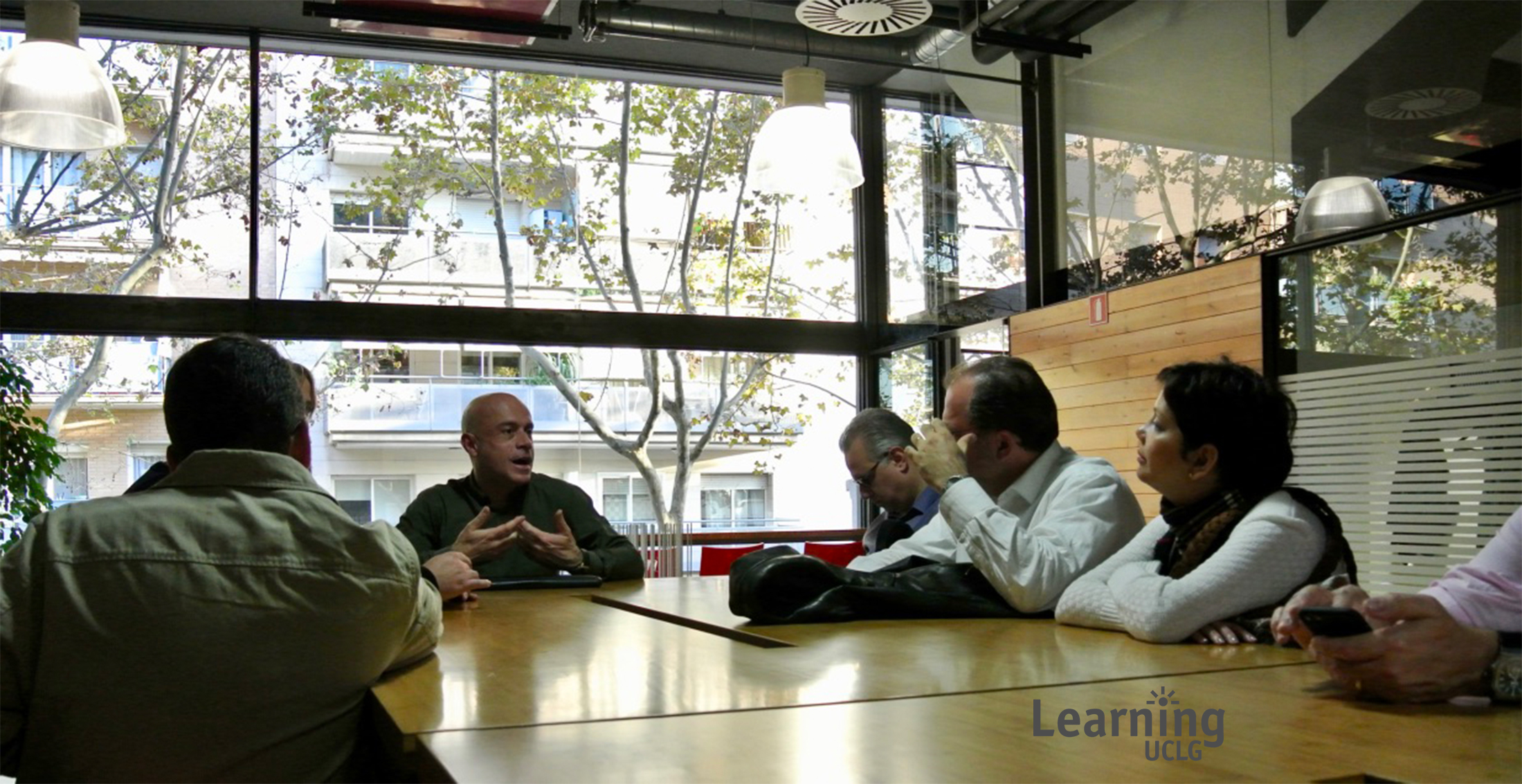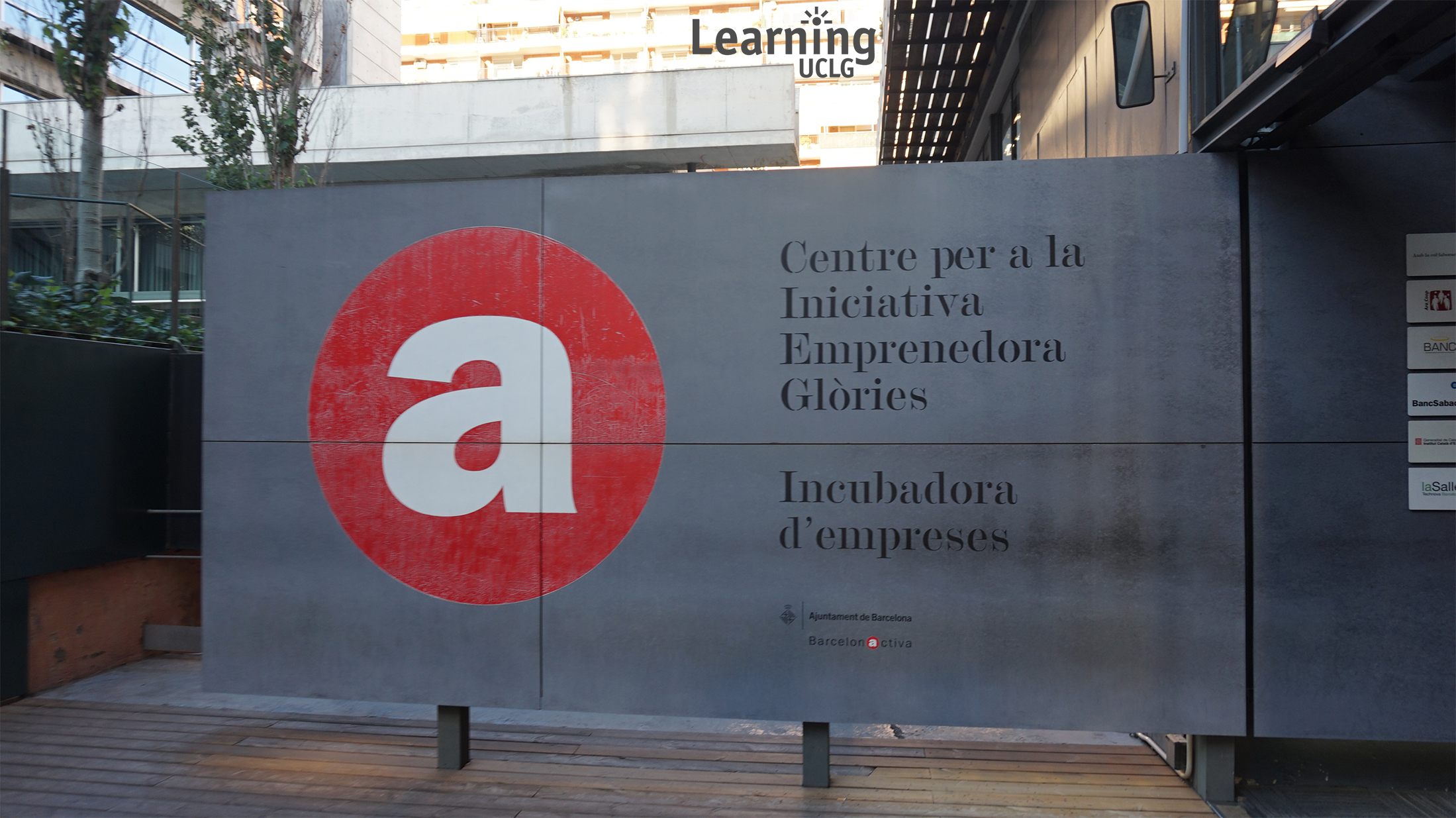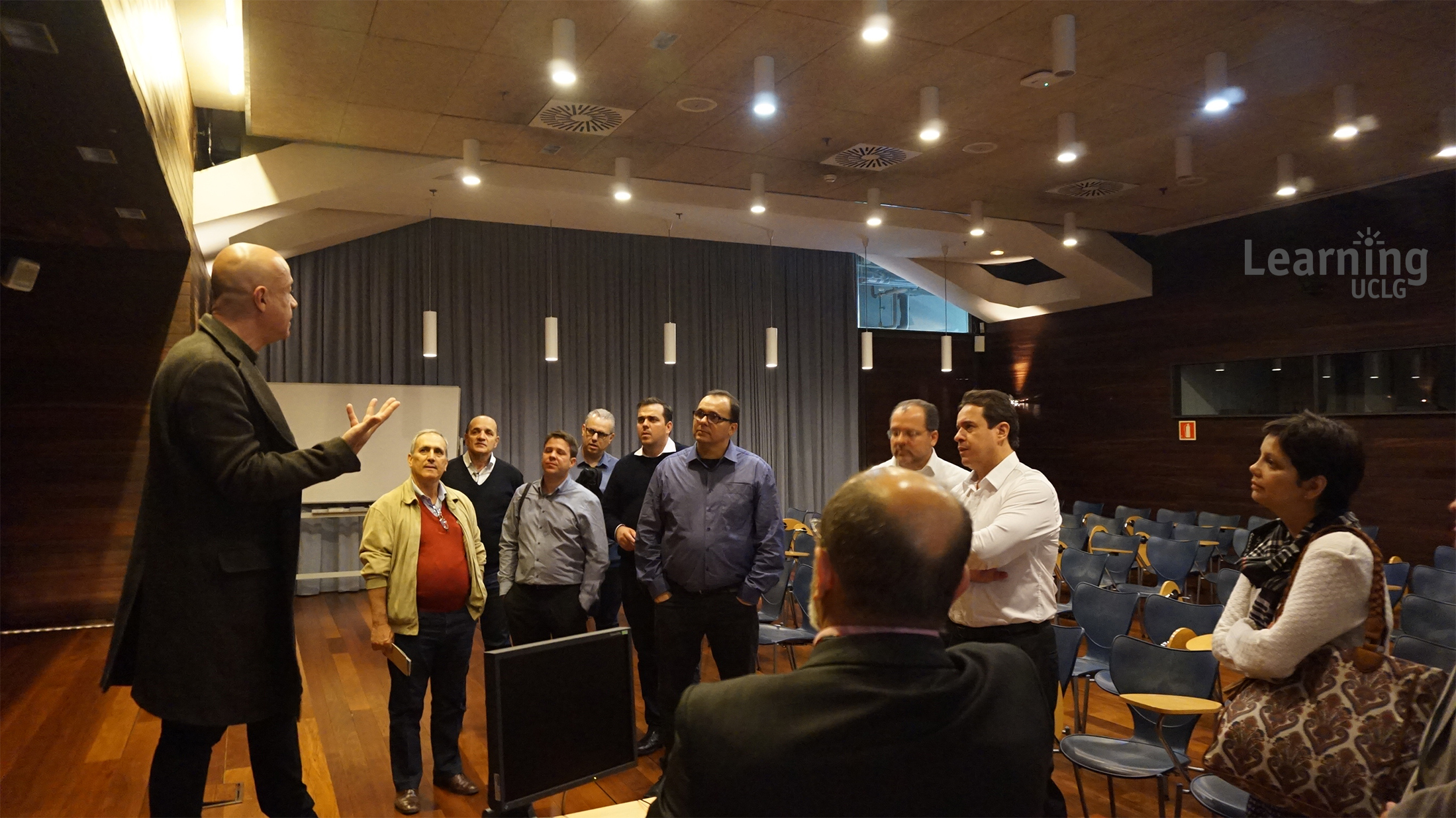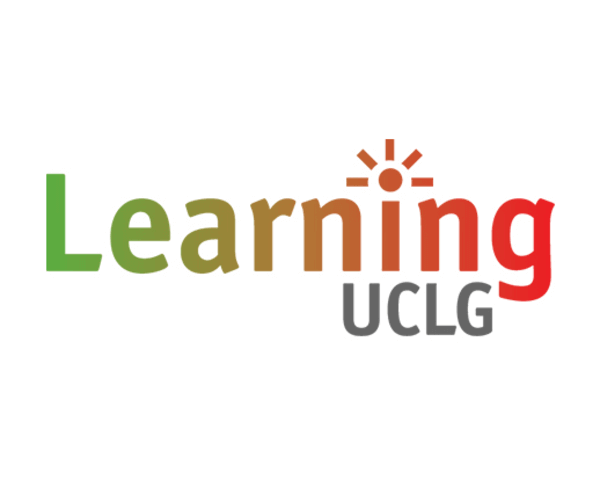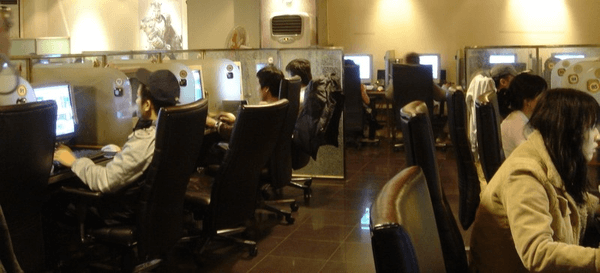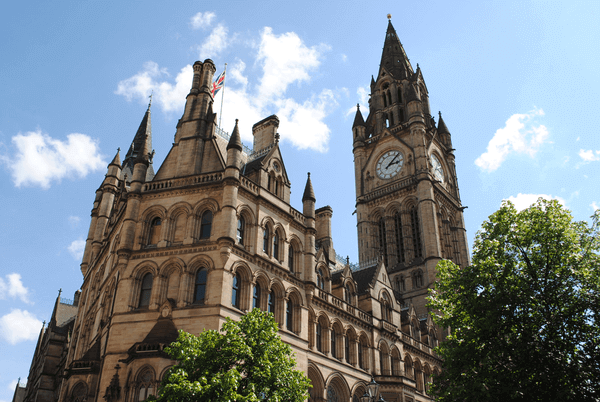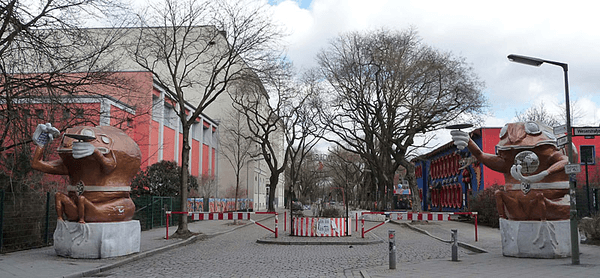City
Barcelona (ciudad)
Main actors
City Government, Regional Government, Private Sector
Project area
Whole City/Administrative Region
Duration
Ongoing since 1986
Barcelona Activa works with small businesses and start-ups to promote entrepreneurship and provide employment opportunities in the city.
In 1986, Barcelona City Council established Barcelona Activa to develop strategies that support employment, business development, entrepreneurship which in turn foster a more diversified economy.
To promote entrepreneurship, Barcelona Activa offers a comprehensive model including technical coaching, feasibility assessment, tailor-made training and incubation programmes. This approach helps to facilitate the transformation of business ideas into successful enterprises. Its impact on the local economy has been significant in providing services that assist young people to enter the labour market and by supporting entrepreneurship.
This case study was contributed from the UCLG Learning Team.

On Map
The Map will be displayed after accepting cookie policy
